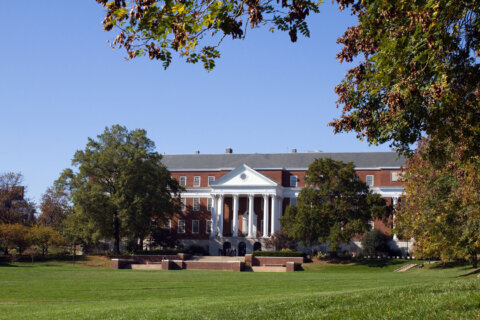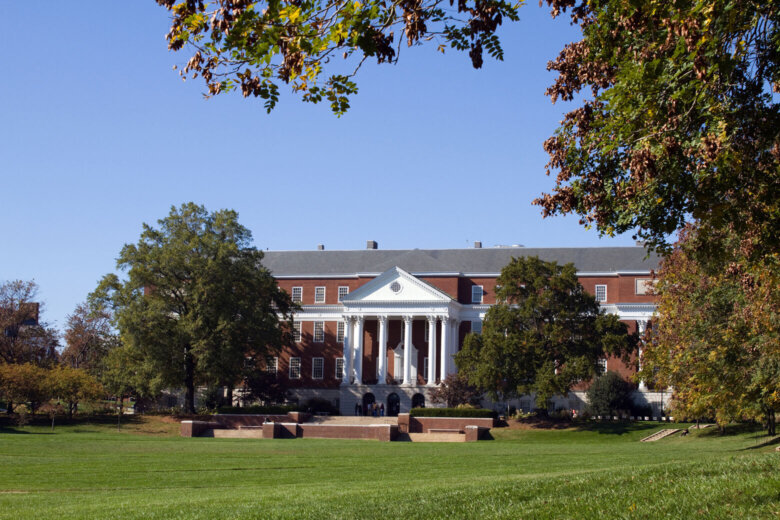
A new academic program is coming to the University of Maryland, and it purposely requires students from different majors to be involved.
Called XFoundry, the program is recruiting 45 students from different academic programs to spend the spring and summer semesters and find a solution to one of the many problems and challenges currently facing the world.
It’s modeled after the XPrize, a California nonprofit, which hosts public competitions to encourage technological development that benefits humanity. It was started in part by University of Maryland alumnus Amir Ansari.
The Maryland program is also a competition, and the winning team will leave school not just with a job, but their own company.
“It’s not just setting up a target and saying everybody come together and fix it,” said Ansari, the co-founder and executive director for the Idea Factory and XFoundry program at the university.
“We’re providing the mechanism, the tools and instructions of how to solve such problems,” Ansari said. “And incentivizing them by giving a solution with essentially a prize at the end, which is a company that they can enter into, should they win the competition, with significant funding at the end of it.”
The funding for the new company could be as much as $2 million for the winning team.
Later this fall, an event will be held that will also discuss the problems facing the world in areas of health care, education, transportation, climate change or other topics — branching off to problems within those subjects.
Hypothetically, Ansaris said, you could start with health care and then go into mental health and then work to come up with a specific idea for a smaller problem in that larger field.
“So literally target problems that faze society, bring it down to a minimum viable version of that product that could be solvable within a year, and then focus in all of the students to solve that particular challenge,” Ansari said.
But another unique aspect about this competition is that it requires students from different majors to work together.
“We don’t want computer engineers or business majors or communications guys just to stick together as clusters. We want them to collaborate and build a multidisciplinary team,” Ansari said.
“If you’re just an engineer, and all you hang out with are engineers, you’re going to have a harder time building a proper solution,” Ansari said. “Because solutions are not just made by one discipline; everything comes together to make that solution successful.”
By bringing in mentors and leadership from the private sector to help guide these teams, Ansari’s goal is to make the college experience even better for students — by fostering the energy and atmosphere of a startup, but with less risk.
“A lot of development happens for an individual within a university ecosystem that is really immeasurable. It’s going to last for a lifetime,” Ansari said.
But at the same time, this program “enables the students to kind of have a safety net, in terms of doing innovation and entrepreneurship or development of a company within the safe confines of a university. So we’re mimicking what would happen outside, inside” the school, he added.
The work will be hard and all-encompassing through the spring semester, but Ansari said there will be value in participating whether you win or not.
“It is a significant amount of work,” he cautioned. “But at the end of the day, if you win, you’ve created your own job. You’ve created your own company. You’re co-founders, and that’s a massive accomplishment.”
And even if you don’t win, Ansari said the achievement is the significant amount of work that went toward a very challenging problem in society.
“So the output of that work will hopefully translate into something good for that space,” Ansari said.
The program is currently taking applications from students interested in participating when the program launches in the spring. While it’s capped at around 45 students, the goal is to nearly triple that in the coming years.









